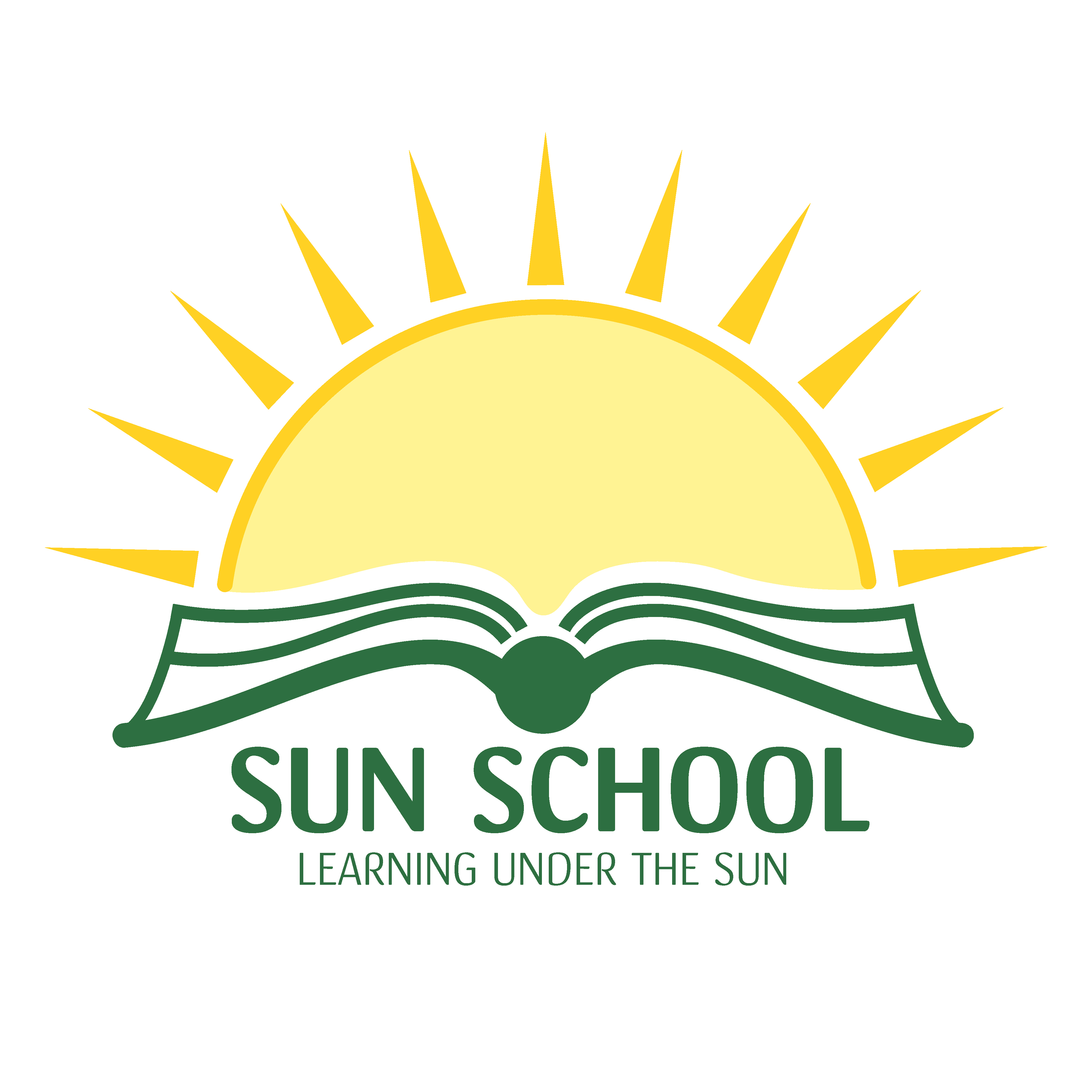Specialty Workshops
Citizen Science
Brief Overview: This workshop introduces students to the concept of citizen science through a read-aloud of Bird Count by Susan Edwards Richmond. The story helps students understand how everyday people can contribute to real scientific research. Following the read-aloud, students will explore ways they can observe, record, and share data about the natural world around them. Through hands-on activities and guided discussion, students will begin to see themselves as citizen scientists, capable of making meaningful contributions to science and conservation.
Length of program: 1.5 hours
Nature Journaling
Brief Overview: This workshop begins with a nature walk and binocular activity to get students noticing the natural world around them. The concept of citizen science will be introduced with field journaling at the focus. Students will learn how to create their own nature/field journals with some guiding success criteria. At the end of the workshop students are invited to share their field journals with their peers through a gallery walk.
Curriculum Connections:
B1.2 assess impacts of various human activities on animals and the places where they live, and describe practices that can minimize negative impacts
B2.4 describe ways in which a variety of plants adapt and/or react to their environment and to changes in their environment
B2.8 describe ways in which plants and animals, including humans, depend on each other
B2.5 describe adaptations, including physical and/or behavioural characteristics, that allow various animals to survive in their natural environment
Hammocks & Horizons
Brief Overview: This workshop invites students to slow down and connect with nature through the practice of sit spots. After a short introduction, students will settle into hammocks set up in a quiet natural space where they will observe their surroundings using all their senses. A key focus will be sound mapping—a journaling technique that helps participants tune into and record the sounds around them. Guided prompts will support reflection and observation, encouraging mindfulness, curiosity, and a deeper awareness of the natural world.
Length of program: 2 hours
Camping in the Classroom *Coming Soon*
This workshop transforms the classroom into a cozy indoor campsite, giving students a taste of the camping experience without leaving school. Through imaginative play and hands-on activities, students will explore key camping themes such as outdoor safety, teamwork, and appreciation for nature. Activities may include setting up tents, reading by flashlight, camping-themed crafts, and storytelling around a "campfire." This immersive experience sparks curiosity about the outdoors and builds foundational skills for future outdoor adventures.
Length of program: 2.5 hours
